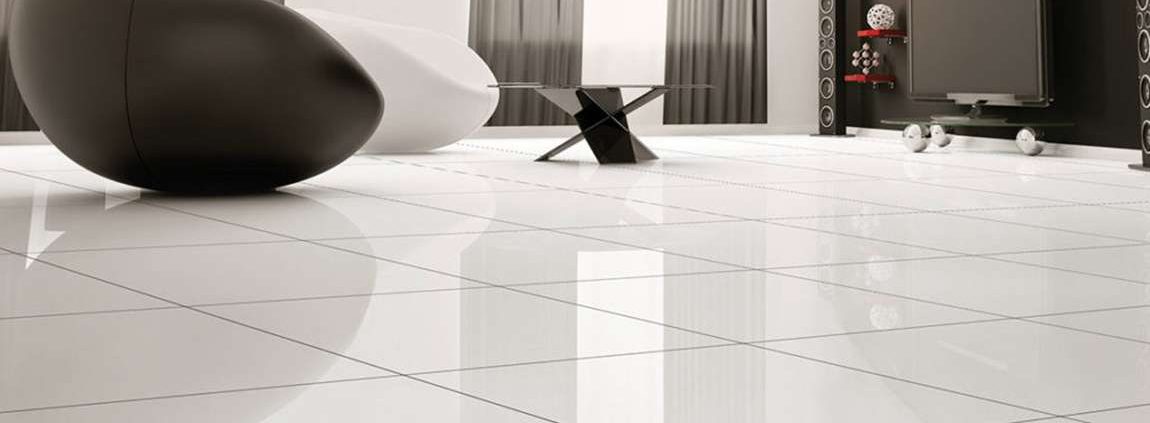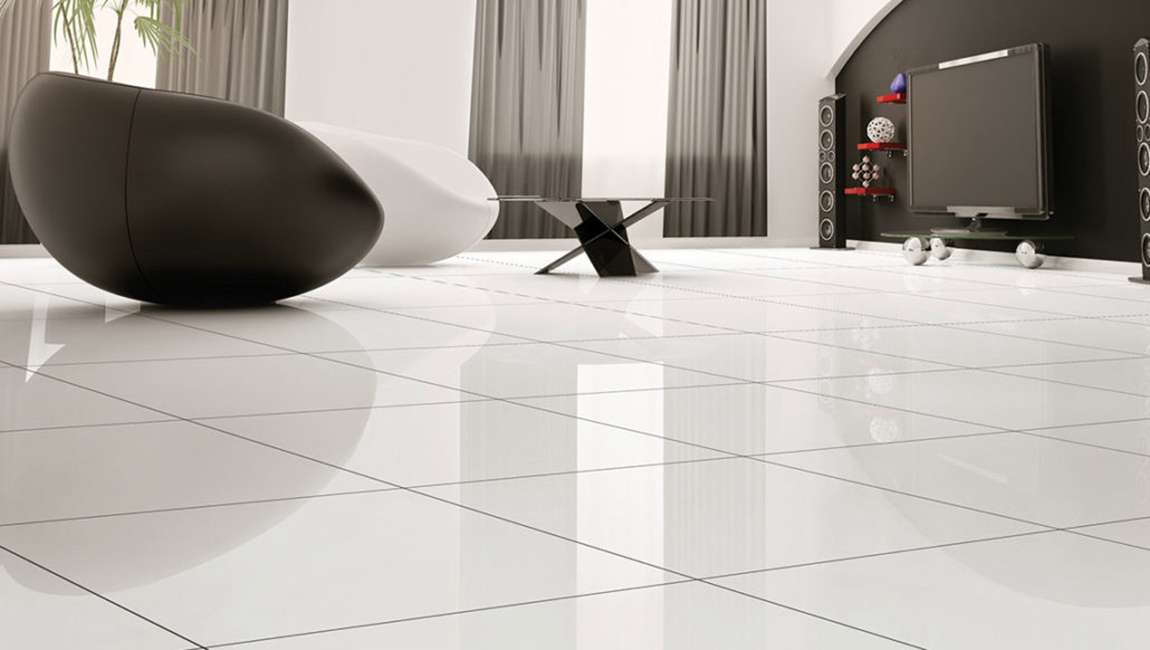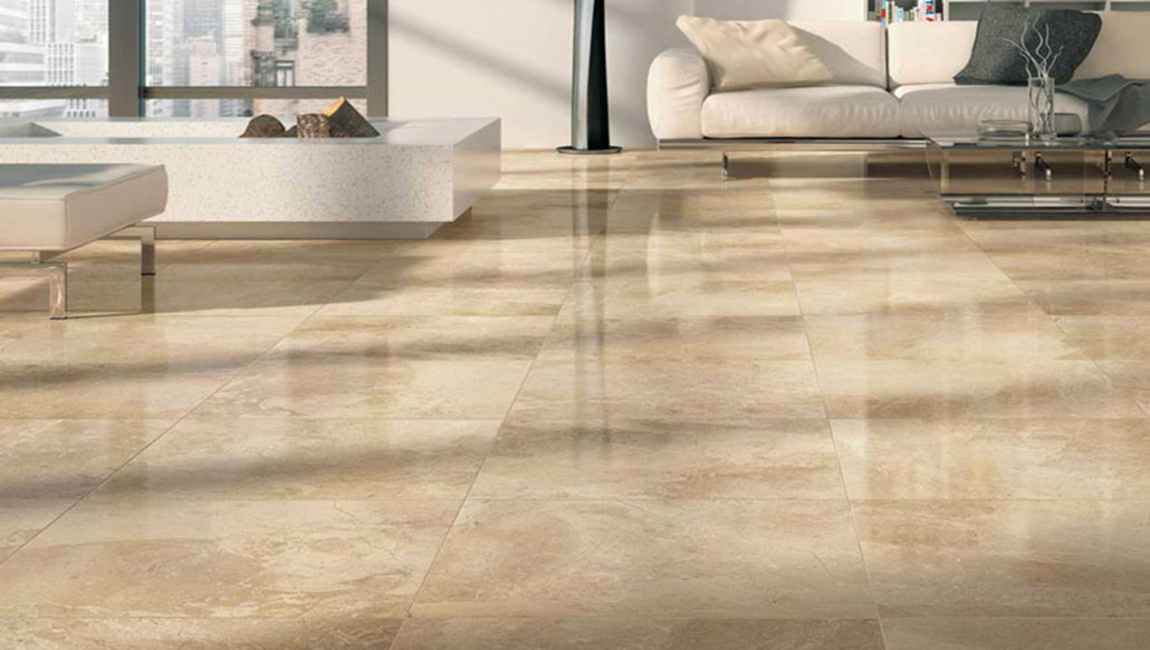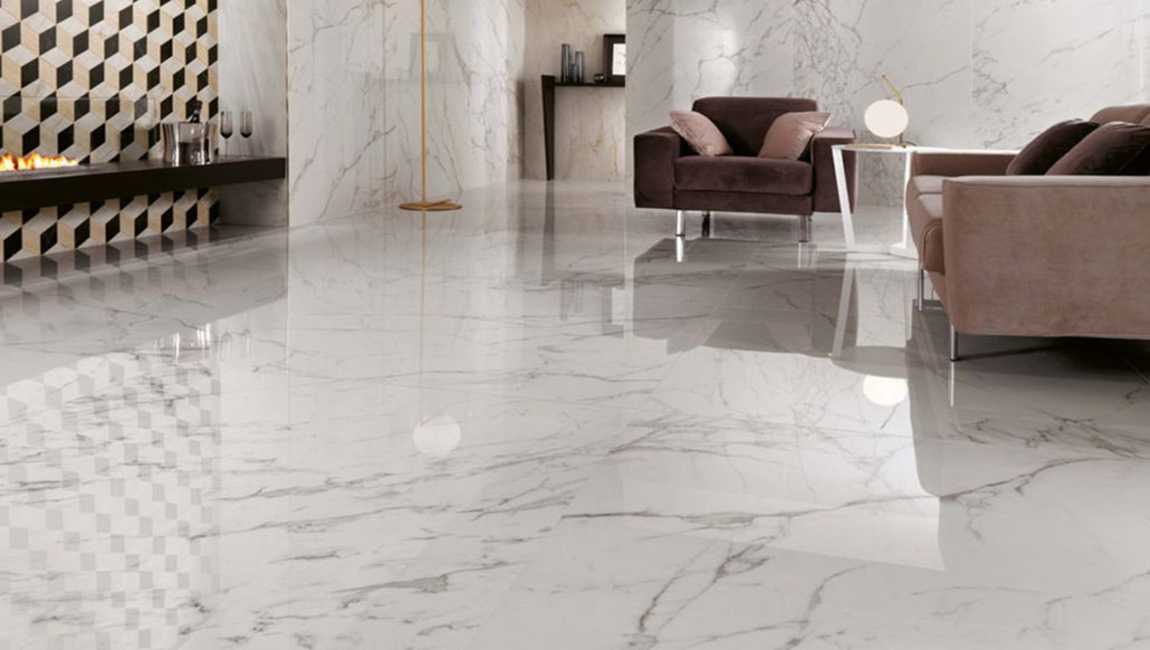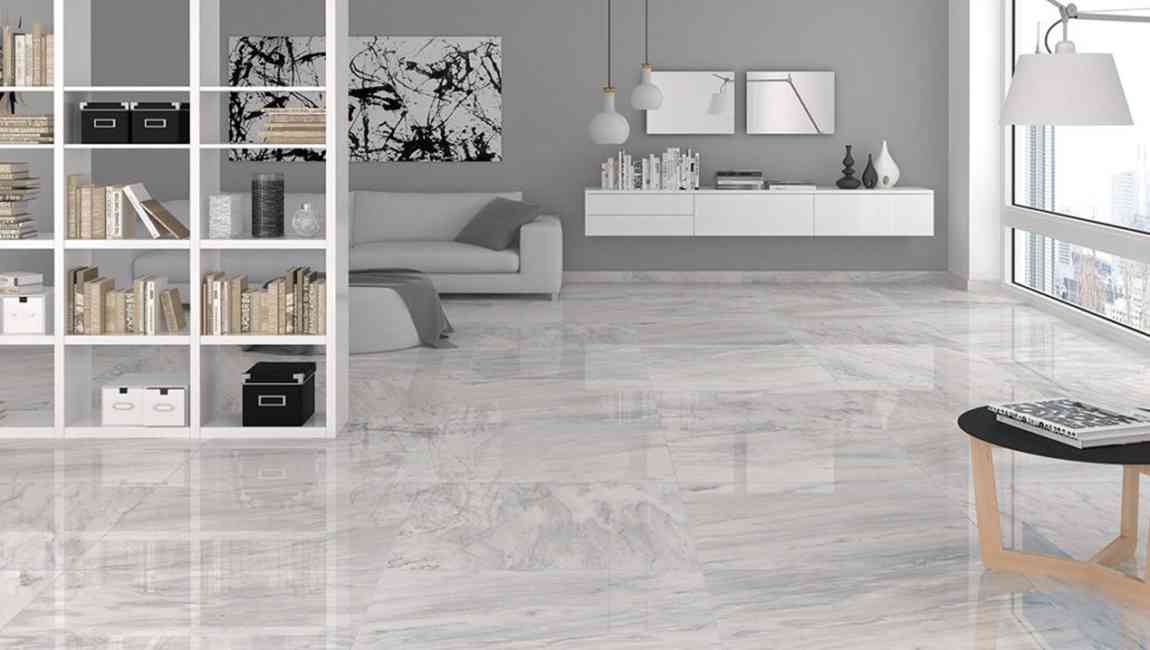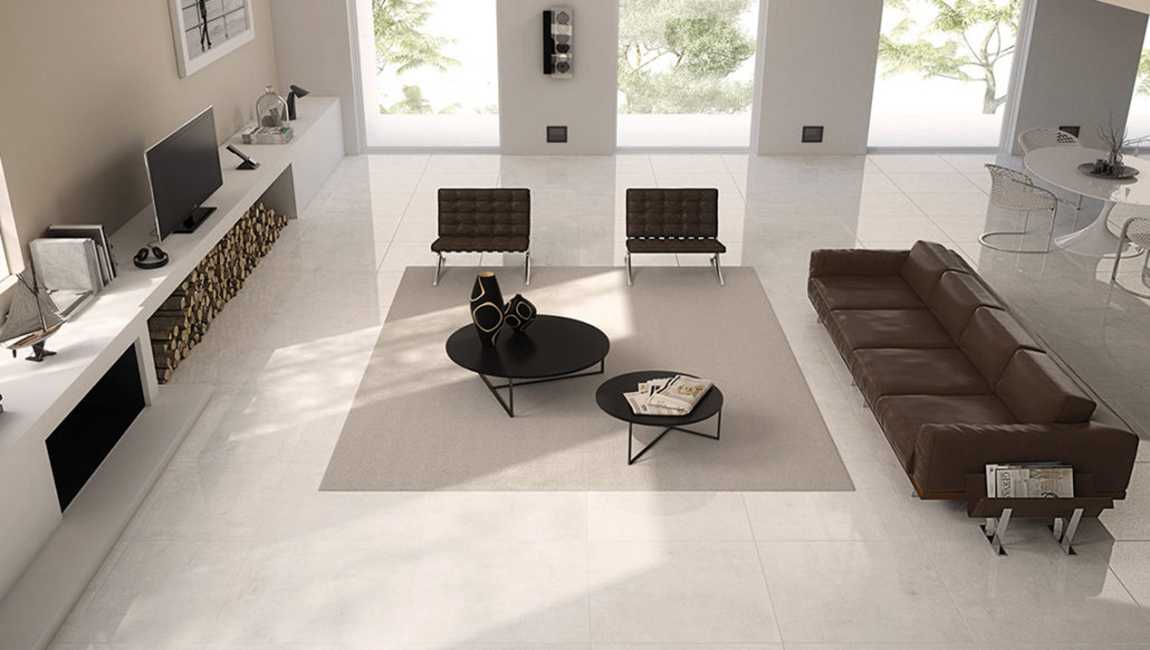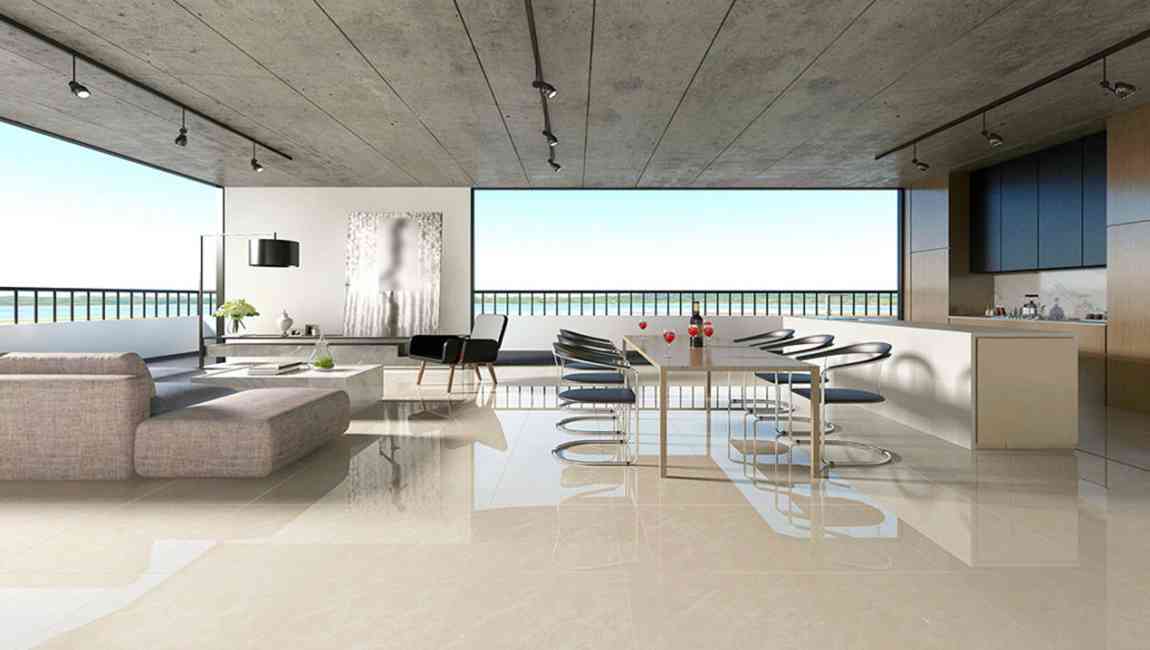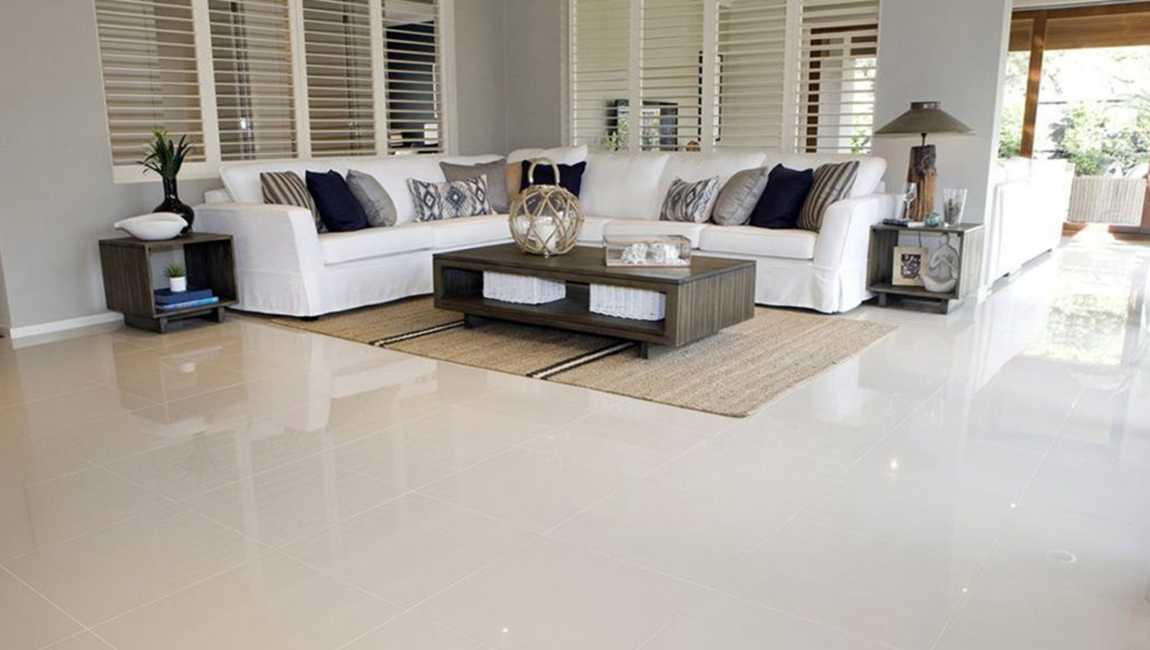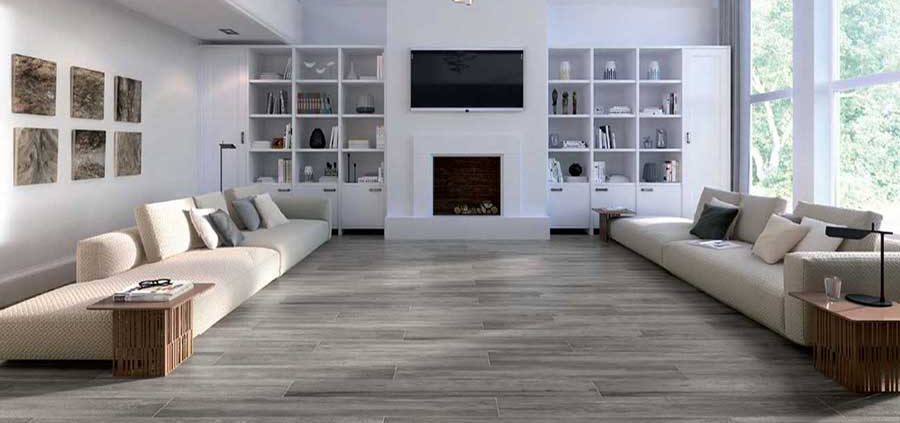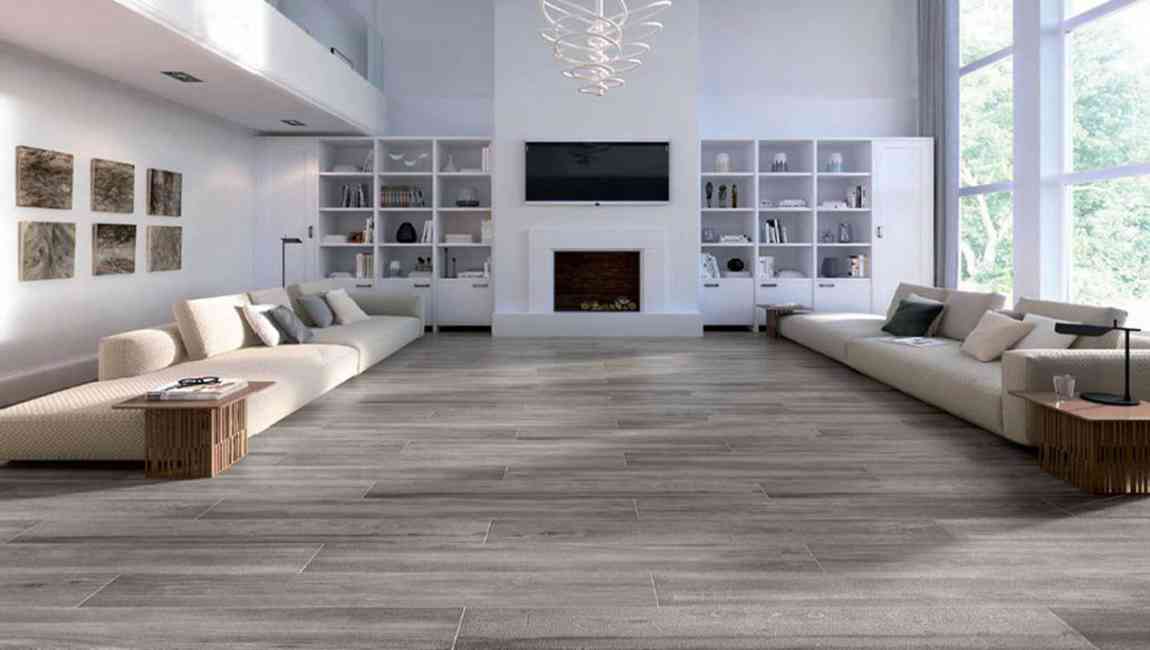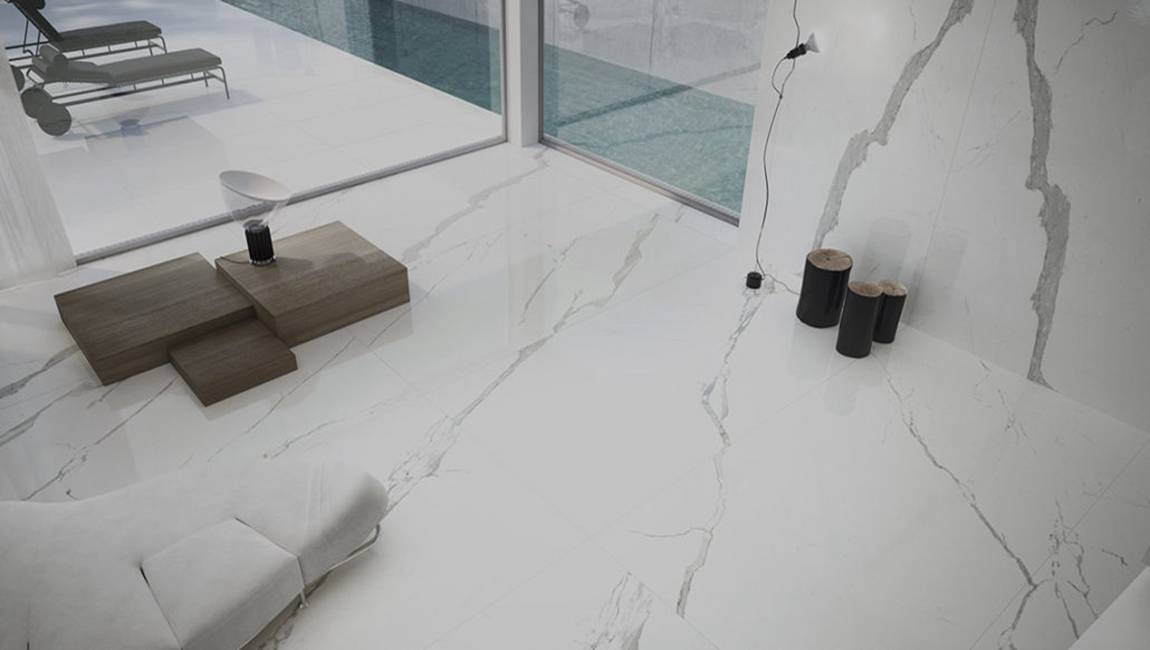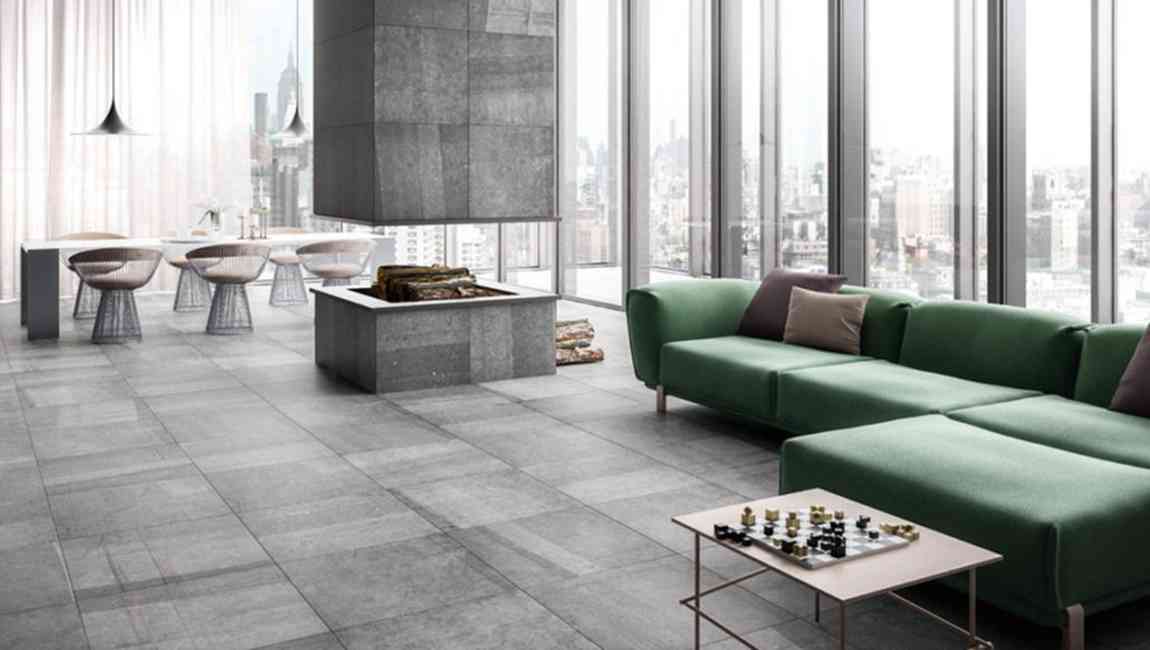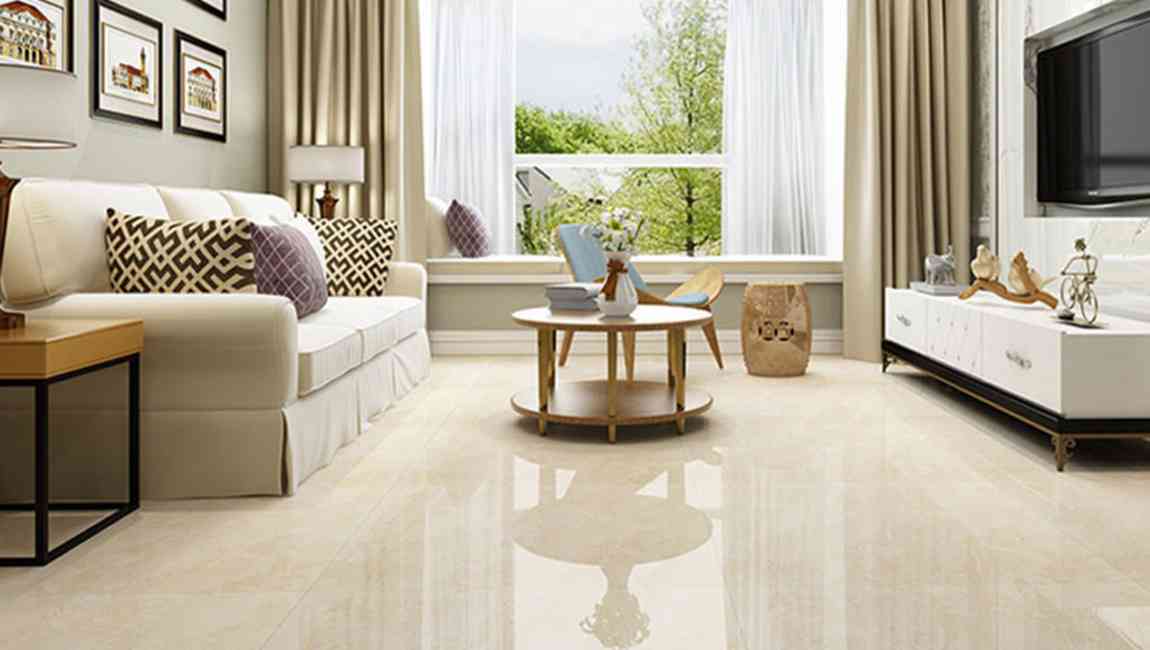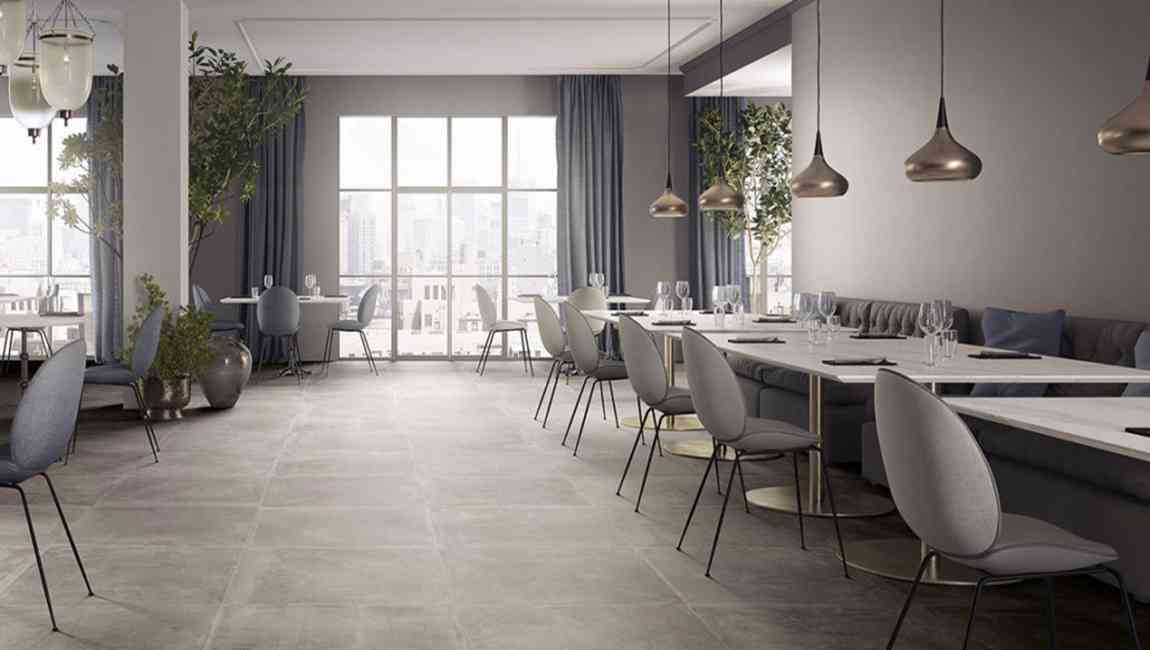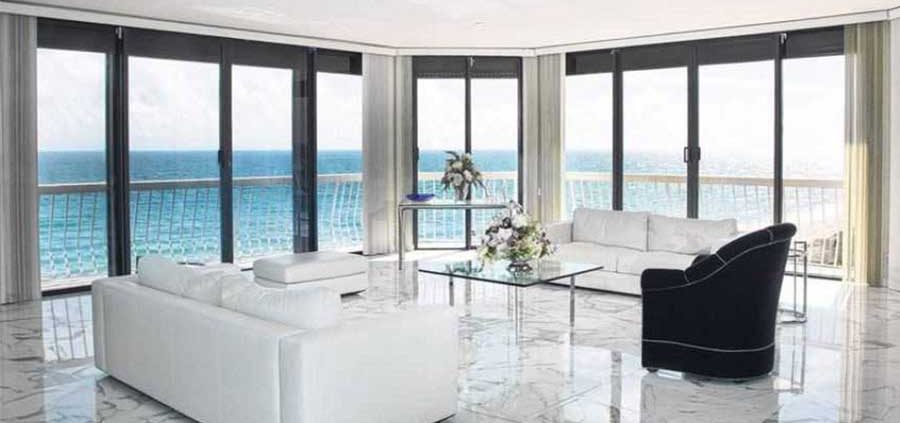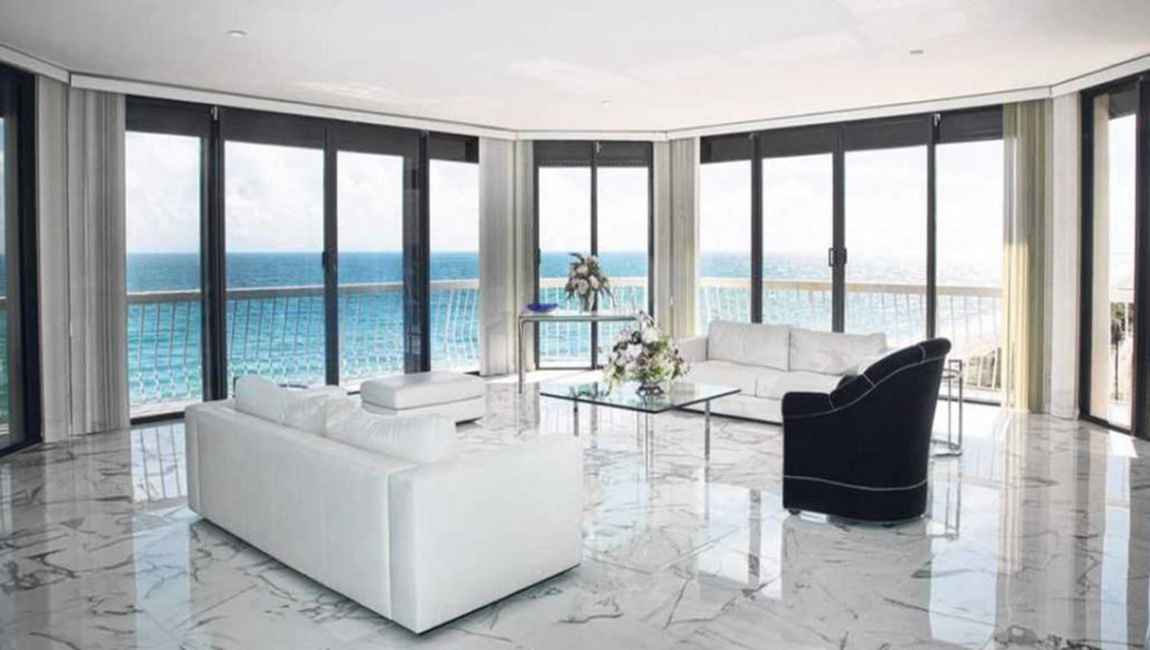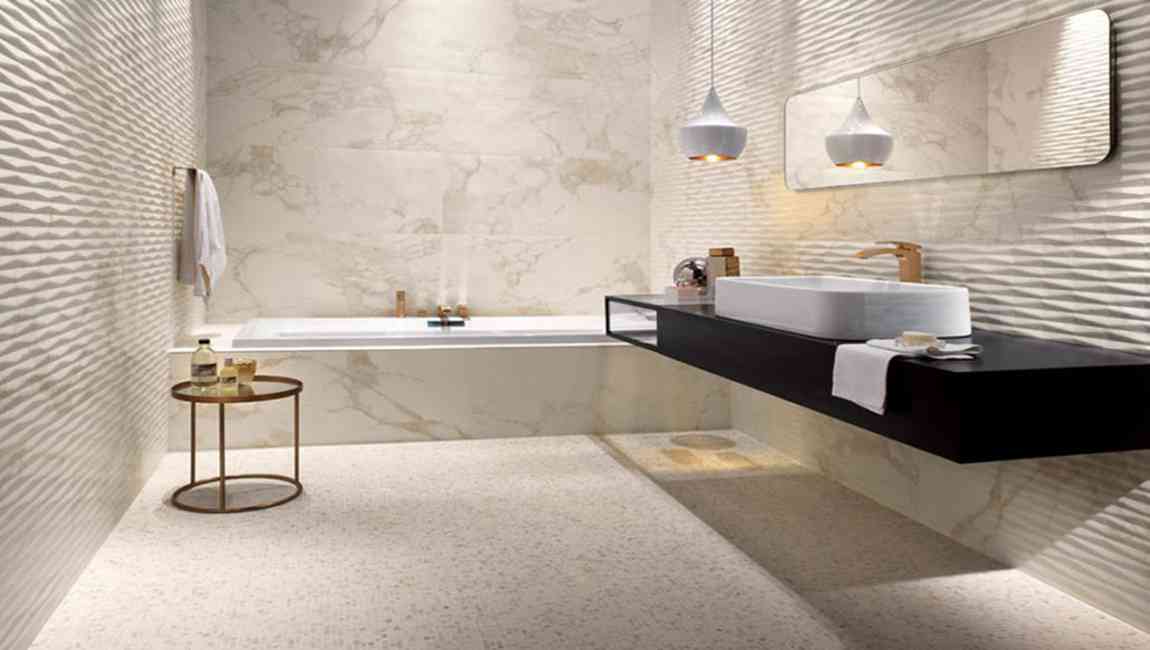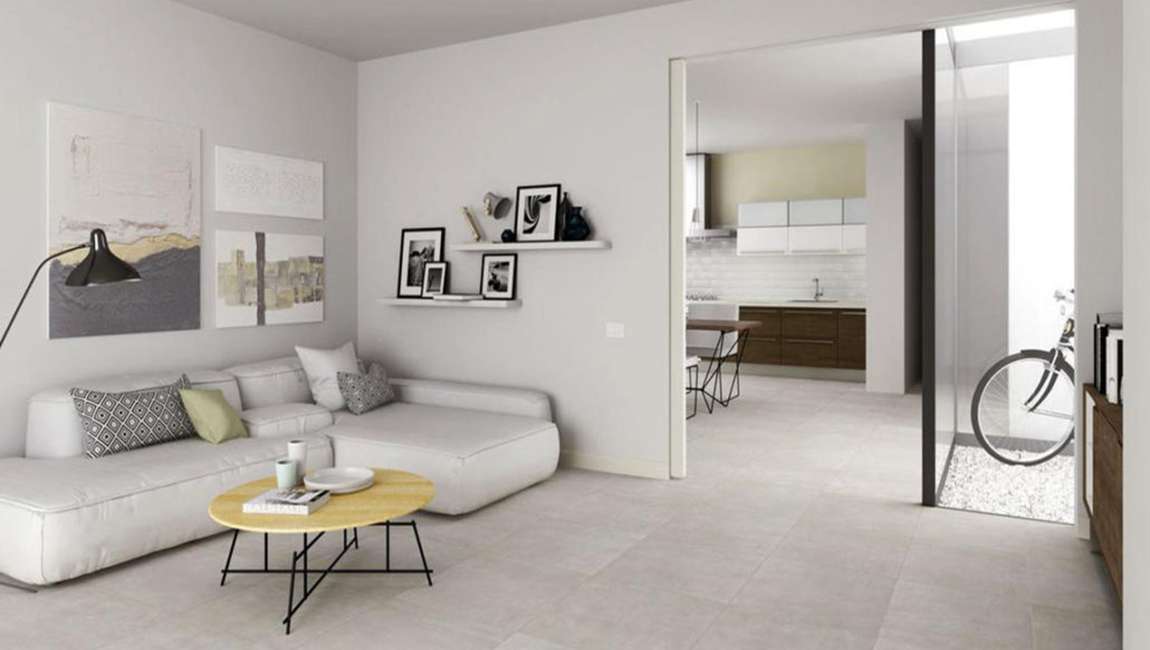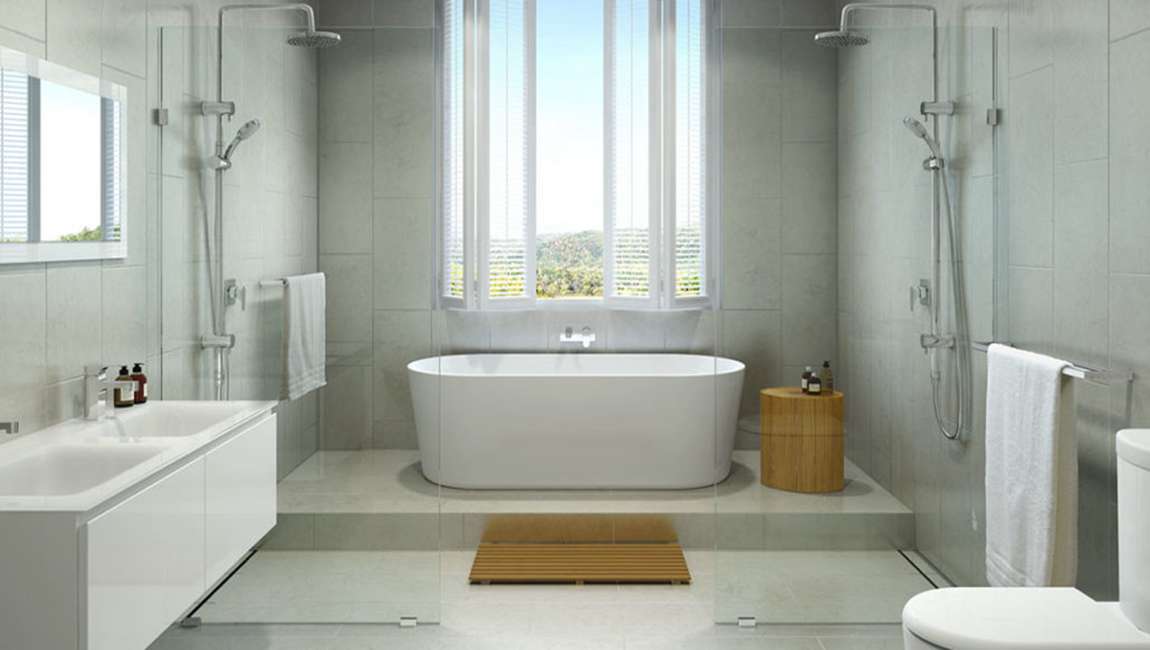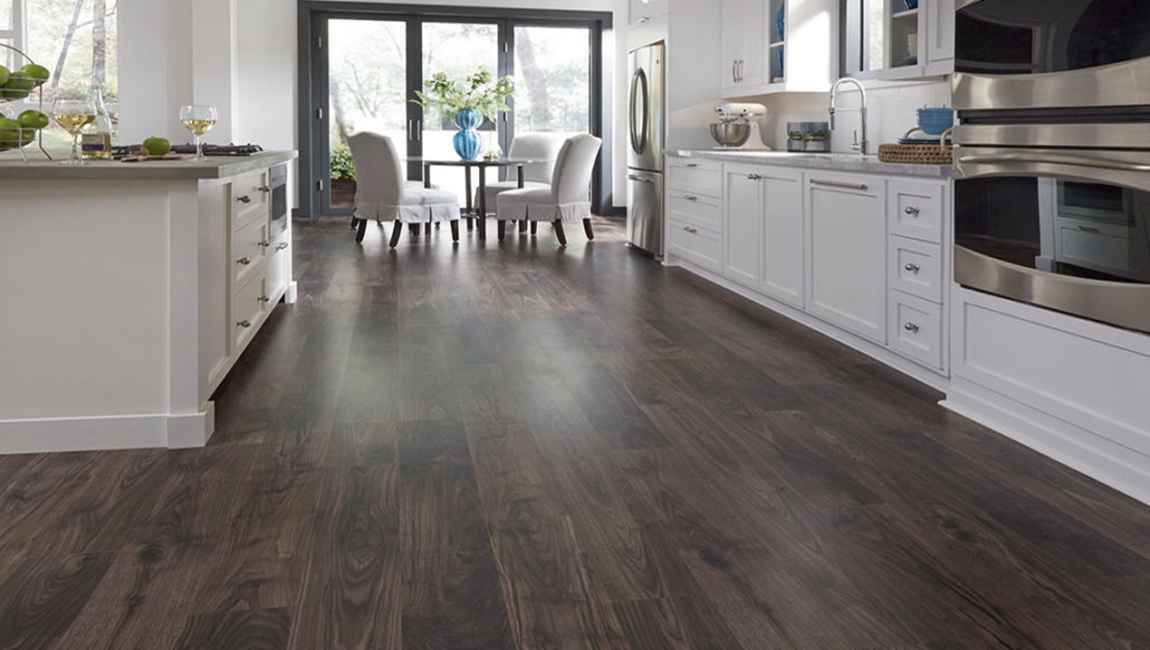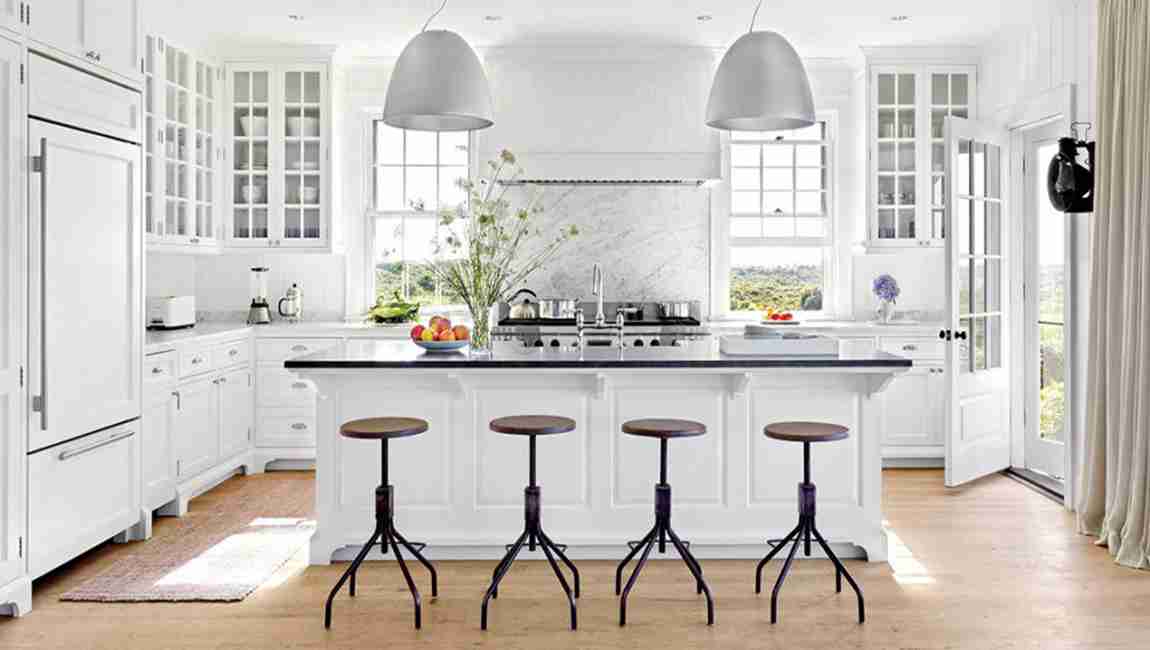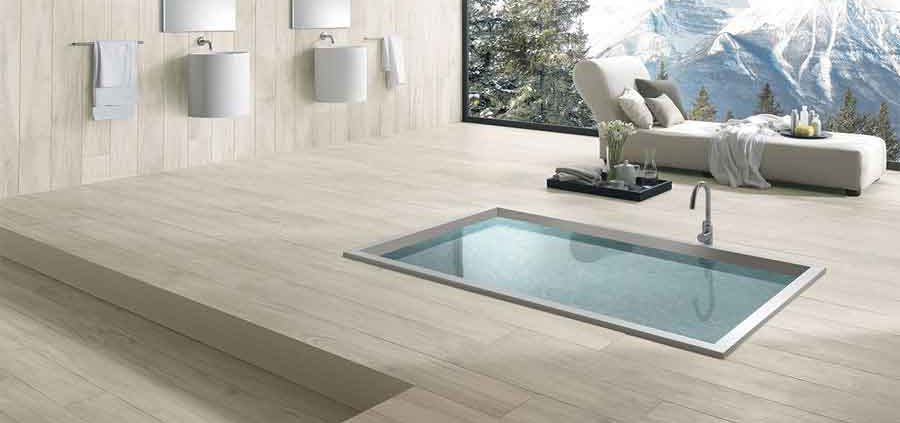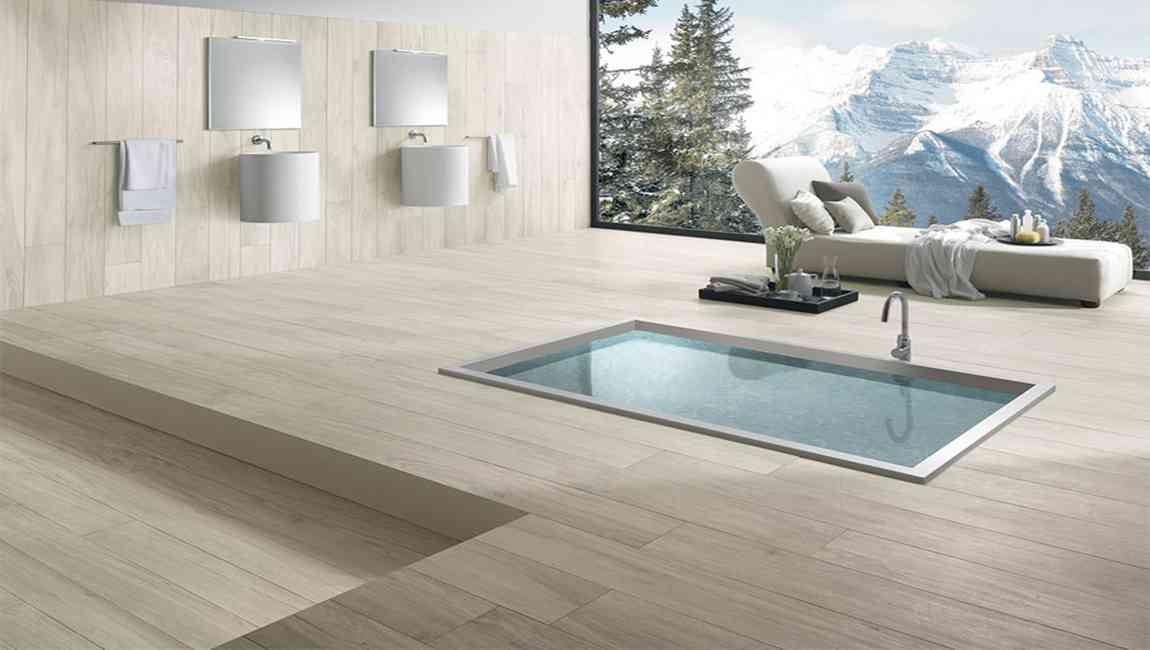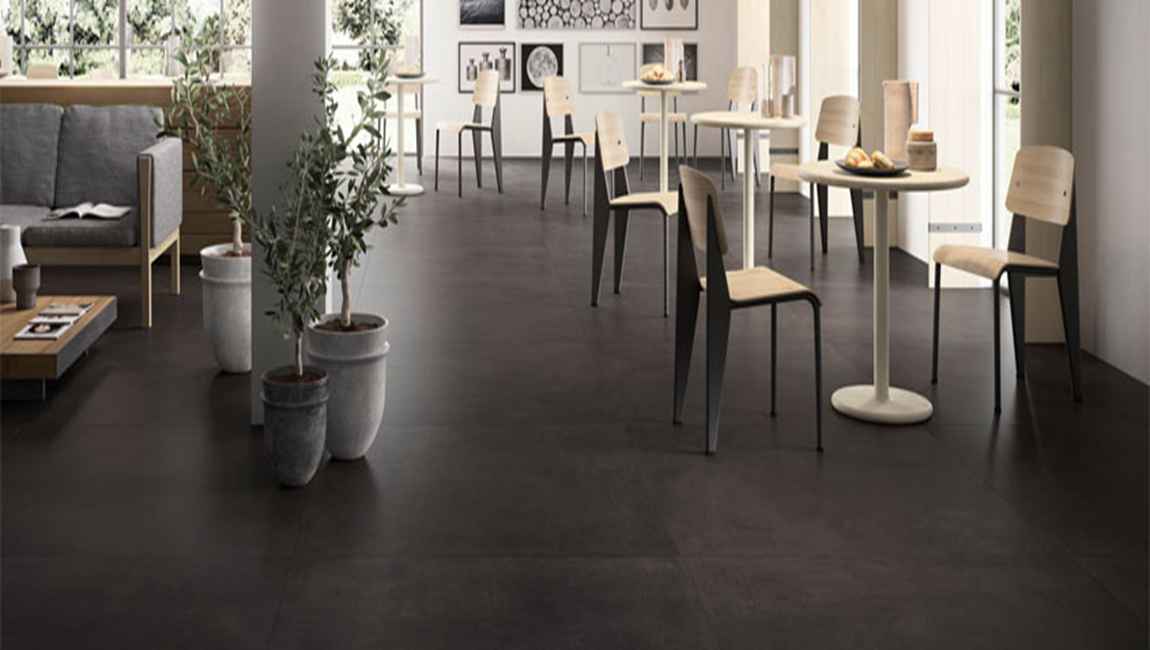Advantages and disadvantages of polished tiles and porcelain tiles
Polished tile design is a bright tiles design made of polished surface of the full body. For the full body tiles, the surface of polished stone tiles should be much more shay. For the full body tiles, the surface of polished tiles should be much more bright. Polished tiles price are hard and wearable and suitable for use in most indoor spaces except bathroom and kitchen. On the basis of applying the technology of soluble salt floor tiles, polished floor tiles can make all kinds of imitation stone and imitation wood effect. The polished tiles are easy to dirty and the skid resistance is not very good.
The advantages of polished tiles: No radioactive elements. Natural stone is a mineral, not sintered at high temperature, so contains a few trace radioactive elements, long-term contact will be harmful to the human body. Polished tiles will not cause harm to the human body. Basically, there is no chromatic aberration: Natural stone has great color difference due to its diagenesis time and rock depth. Polished tiles are carefully blended and the colors of the tiles are the same as those of the batches without color difference.
Bending strength is high: Natural stone has different compactness and strength due to its natural formation, forming time and weathering. The polishing tiles are pressed by thousands of tons of hydraulic press and sintered at high temperatures above 1200 degrees. The polished porcelain tile is thin and light. Because of its low strength, natural stone is thick and bulky, which increases the load of floor buildings, poses a potential threat, increases the cost, and increases the difficulties of transportation and paving.
Disadvantages of polished tiles: It is easy to dirty, which is caused by concave and convex holes left by polished tiles. These pores will be filthy, and even some of the tea will fall back on the polished tiles. Aware of this, later some good quality polished marble floor tiles were added with a layer of antifouling before leaving the factory.
Regular neutral detergent to clean the surface, remove general stains, can not use any strong acid detergent, otherwise it will burn the surface of the crystal layer of polished tiles, resulting in marble tile surface non-anti fouling. Crystal face care for neutral crystal facets. Special stains such as tea stains, fruit stains, coffee stains, ink stains, etc. you can be used high purity content of 27.5% or more of H2O2 with paper towel covering, soaking 2-3 hours to remove.
Porcelain tiles: Because of the difference in manufacturing process, its density is higher than ordinary marble floor tiles, its surface is smooth but does not need polishing, so there is no problem of polishing pores. Porcelain tile is a kind of reinforced polished tile, which is made by firing at high temperature. Texture is harder and more wearable than polished tiles. Polished tile is a kind of bright tiles made from the surface of the full body tiles, which belongs to the full body tiles. Glass polished tile is obtained by mirror polishing, because of the low water absorption, its hardness is relatively high, not easy to scratch.
Porcelain tiles are bright and soft with no obvious chromatic aberration. But the natural granite has larger chromatic aberration due to the diagenetic time and the depth of the rock. No harmful elements. Granite is a natural mineral, buried in the deep crust for a long time, without high temperature sintering, so contains trace radioactive elements, such as long-term contact will be harmful to health.
The thickness is relatively thin, the bending strength is high, the cement tiles are light and the weight of the building is reduced. Natural granite is low in strength and bulky, which increases the load of buildings, and brings a series of difficulties in transportation and paving. Flexural strength is greater than 45MPa. The flexural strength of granite is about 17-20mpa. Mullite and other crystals have been produced by high temperature sintering and complete ceramization. The physical and chemical properties of the crystals are stable, corrosion-resistant and stain-resistant.

